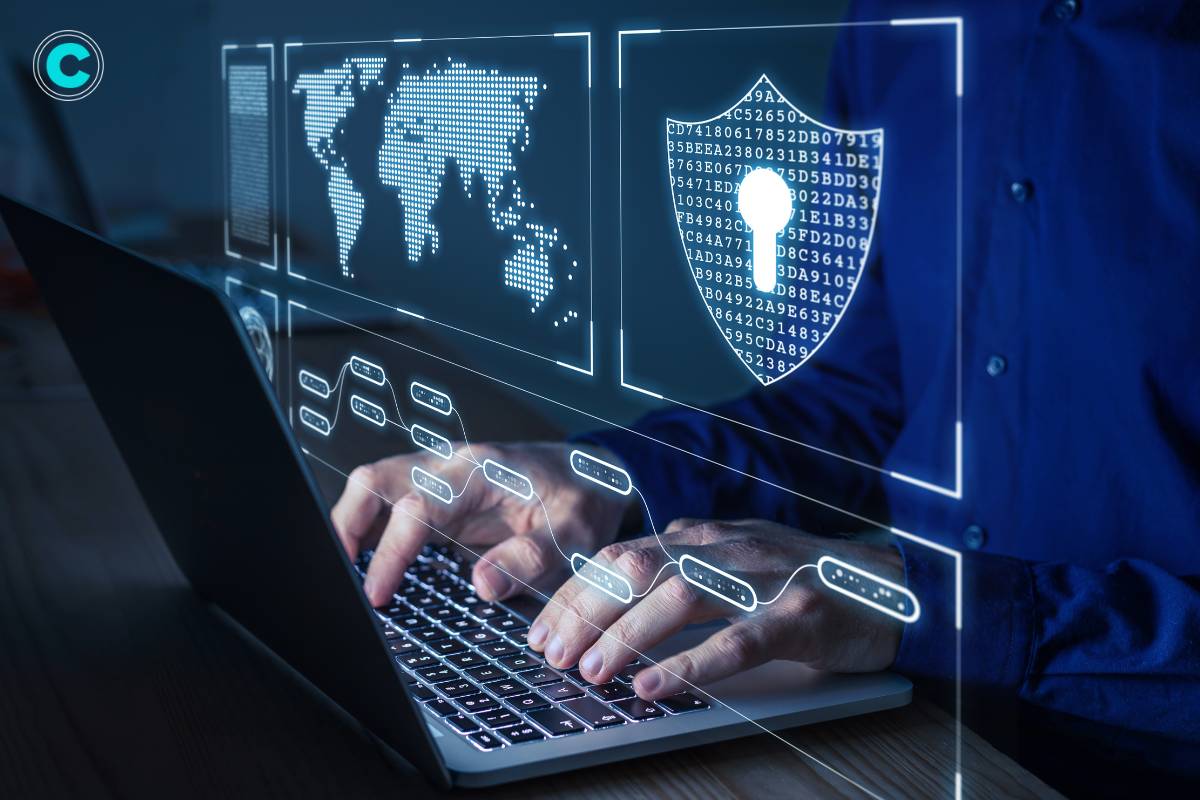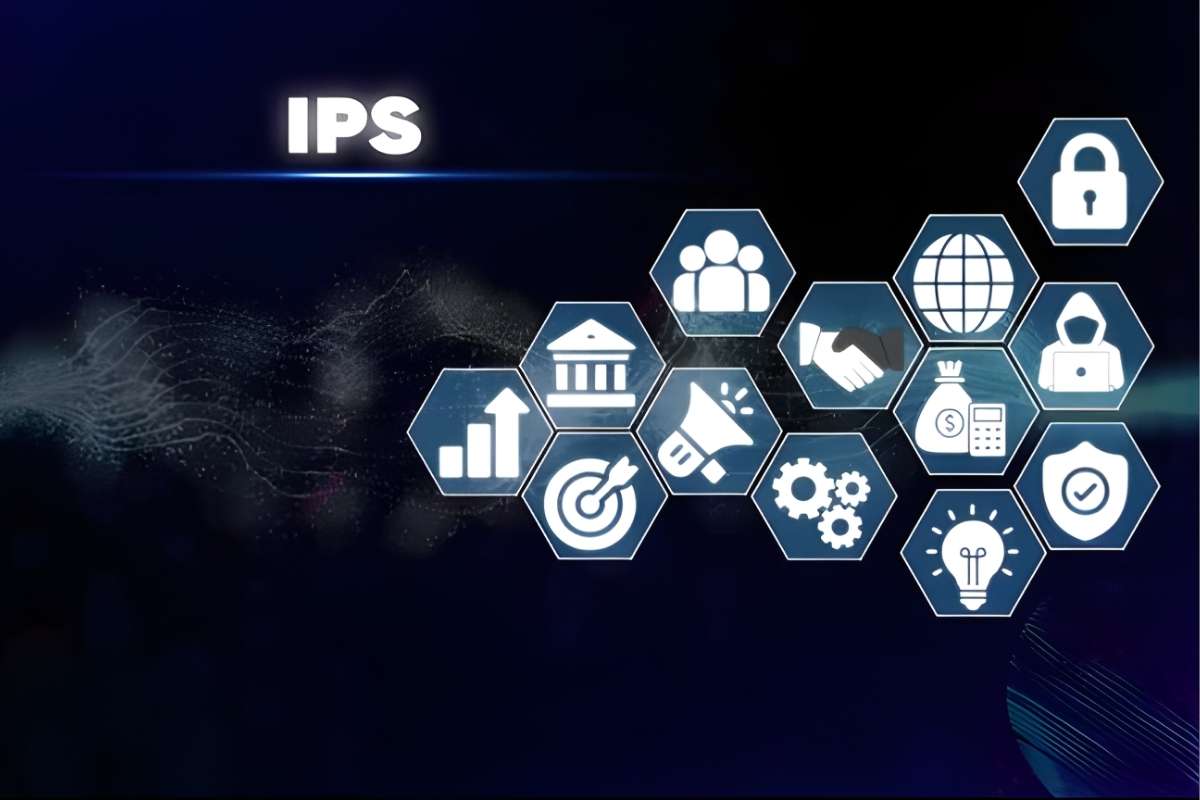In today’s digital age, the United Arab Emirates (UAE) stands as a beacon of technological advancement and innovation. With rapid digitization across sectors, the importance of cyber security has never been more critical. As businesses and individuals embrace the convenience of digital platforms, they also face an increasing array of cyber threats. Understanding the landscape of cyber security in the UAE is paramount to safeguarding sensitive information and maintaining trust in digital interactions.
Understanding Cyber Security in the UAE
Cybersecurity is a critical concern in the United Arab Emirates (UAE) as it strives to protect its digital infrastructure, and sensitive data, and ensure the safety of its citizens and businesses. The UAE has implemented various measures and initiatives to combat cyber threats and enhance cybersecurity. Let’s explore this topic in depth.
Laws and Regulations

The UAE has enacted several laws and regulations to ensure cybersecurity. Two primary laws govern cyber security in the UAE: Federal Law No. 1 of 2006, which governs transactions and e-commerce, and Federal Law No. 5 of 2012, aimed at combatting cyber security threats. The latter law has expanded the definition of privacy breaches, increased the list of offenses, and introduced penalties.
Initiatives and Organizations
The UAE has established various initiatives and organizations to promote cybersecurity awareness and protect against cyber threats. The UAE Computer Emergency Response Team (aeCERT) collaborates with Aqdar to launch the initiative Salim, an online cybersecurity advisor. The goal is to spread knowledge about cyber safety and create a safe cyberculture.
In November 2020, the UAE Cabinet established the UAE Cybersecurity Council to develop a comprehensive cybersecurity strategy and create a safe and strong cyberinfrastructure in the UAE. The council is chaired by the Head of Cyber Security for the UAE Government.
Dubai Cyber Security Strategy
Dubai has its own comprehensive cybersecurity strategy aimed at establishing a safe and secure cyberspace, strengthening digital infrastructure, and accelerating digital transformation and smart city initiatives. The strategy is built upon four key pillars: a cyber-secure society, an incubator city for innovation, a resilient cyber city, and active cyber collaboration.
Cyber Threat Landscape
The UAE faces various cyber threats, including phishing and malware attacks. Between January and March 2019, the UAE experienced 1.1 million instances of phishing and 23 million instances of malware. To address these threats, penetration testing has been adopted as part of financial institution compliance, and cybersecurity specialists are in high demand.
Why is Cyber Security Important in the UAE?

Cyber security is of utmost importance in the United Arab Emirates (UAE) due to several reasons. The UAE recognizes the significance of creating a safe environment for conducting business online, similar to the approach taken by the UK. As the UAE’s economy has transitioned to a digital economy, it has become increasingly reliant on information and communication technology (ICT). This reliance on digital infrastructure and the storage of confidential data in digital form puts organizations at risk if adequate cyber security measures are not in place.
One of the primary reasons for the importance of cyber security in the UAE is the increasing number of cyber attacks. In 2018 alone, the UAE government and private sector experienced a total of 230 cyber attacks. These attacks highlight the vulnerabilities in devices and services that individuals and organizations depend on. Cybercriminals aim to gain unauthorized access to internal networks, breach sensitive resources, and cause damage or destruction for political purposes.
To address these threats, the UAE has implemented laws and regulations to ensure cyber security. Two primary laws govern cyber security in the UAE: Federal Law No. 1 of 2006, which governs transactions and e-commerce, and Federal Law No. 5 of 2012, aimed at combatting cyber security threats. The latter law has expanded the list of offenses and penalties and changed the definition of a privacy breach.
In addition to legal measures, organizations and individuals must invest in cyber security practices. Protecting sensitive data is paramount, and investing in tools that limit information loss, monitor third-party risks, and continuously scan for data exposure is essential. Implementing a third-party risk management solution can help reduce costs and ensure compliance with regulations. Furthermore, organizations should invest in training and hiring qualified cybersecurity professionals to address the growing need for expertise in this field.
The UAE has also taken initiatives to raise awareness about cyber security. The UAE Computer Emergency Response Team (aeCERT) has launched the initiative Salim, an online cybersecurity advisor, to spread knowledge about cyber safety and promote safe cyberculture. The UAE government has established the UAE Cybersecurity Council to develop a comprehensive cybersecurity strategy and create a safe and strong cyberinfrastructure in the country.
How Does Cyber Security Work?
Cyber security employs a multi-layered approach to defense, encompassing preventive measures, detection mechanisms, and response protocols. This includes implementing firewalls, antivirus software, encryption techniques, and intrusion detection systems. Regular security assessments, employee training, and incident response planning are also integral parts of cyber security strategies.
What are the Common Cyber Threats in the UAE?

Cyber threats in the UAE mirror global trends and may include phishing emails disguised as legitimate entities, ransomware attacks targeting critical infrastructure, and social engineering tactics aimed at exploiting human vulnerabilities. Additionally, as the UAE embraces emerging technologies such as IoT (Internet of Things) and AI (Artificial Intelligence), new attack vectors may emerge, requiring proactive security measures.
How Can Individuals and Organizations Enhance Cyber Security?
Both individuals and organizations can take proactive steps to enhance cyber security. This includes keeping software and systems up to date with the latest security patches, using strong and unique passwords, implementing multi-factor authentication, encrypting sensitive data, and backing up essential files regularly. Additionally, raising awareness about common cyber threats through education and training programs can empower individuals to recognize and mitigate risks.

Navigating Cyber Security Salaries in the USA: A Comprehensive Guide for 2024
In the realm of cybersecurity, where digital threats loom large and data protection is paramount, professionals play a pivotal role in safeguarding sensitive information.
Conclusion:
In conclusion, cyber security in the UAE is a vital aspect of digital resilience. By understanding the nature of cyber threats and adopting proactive security measures, individuals and organizations can safeguard their digital assets and mitigate the risk of cyber attacks. As the UAE continues to innovate and digitize, maintaining robust cyber security practices will be essential to foster trust, protect sensitive information, and uphold the integrity of digital ecosystems.






